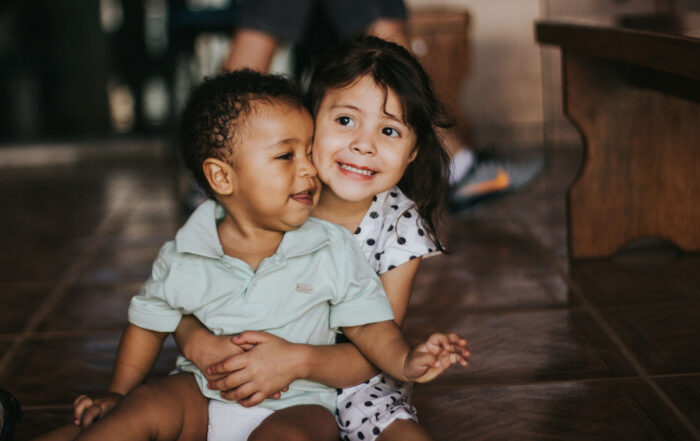
By Kelly L. Burns, MA, LPC, ATR-P
A traumatic bond occurs when you are involved in an abusive relationship, and the abuser becomes an essential part of your life. Abusive relationships are common, and the statistics are alarming. According to The Hotline, approximately 15% of women and 4% of men have experienced an injury as a result of IPV (Intimate Partner Violence) which includes rape, physical violence, and stalking. People in these relationships struggled to leave their partners for a variety of reasons. Additionally, if you are dating someone with PTSD, it’s important to understand the condition and it can impact your relationship.
Share This Post!
What Is Intergenerational Trauma?
By Ivy Kwong, LMFT Humans have survived for thousands of years by evolving the ability to adapt. If you live with chronic stress or have lived through a traumatic event, certain [...]
Is It ADHD or Trauma
By Caroline Miller When kids have behavior and attention issues in school, the first explanation that comes to mind is often ADHD. But exposure to trauma can also cause symptoms that [...]
Student Trauma Is Real. But Connection Can Heal.
By Gary G. Abud, Jr. As humans, we are hard-wired for connection with each other. When we face challenging life situations, we often seek out and lean on others. Relationships are [...]
Children, Teens Are in a ‘Mental Health State of Emergency,’ Child Health-Care Groups Warn
By Alyson Klein There’s been a quieter, parallel pandemic happening alongside COVID-19: a spike in significant mental health problems among young people, spurred by isolation, uncertainty, fear, and grief. Mental health [...]
Making the Connection: Trauma and Substance Abuse
Data from the most recent National Survey of Adolescents and other studies indicate that one in four children and adolescents in the United States experiences at least one potentially traumatic event before [...]
Helping immigrant children heal
Twenty years ago, Hami Torres fled Mexico at age 13, her 11-year-old brother in tow. Terrified, they trekked for hours with a group of older strangers through desert scrub that slashed Hami's [...]







